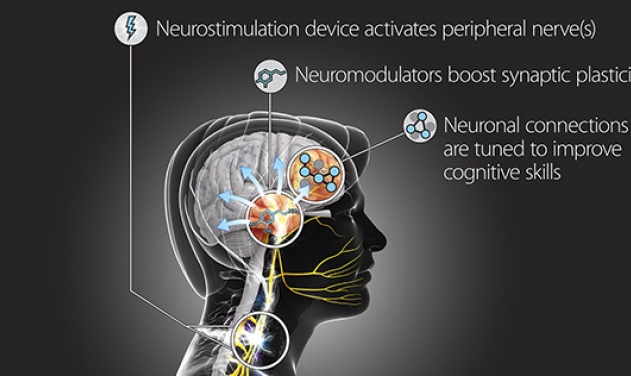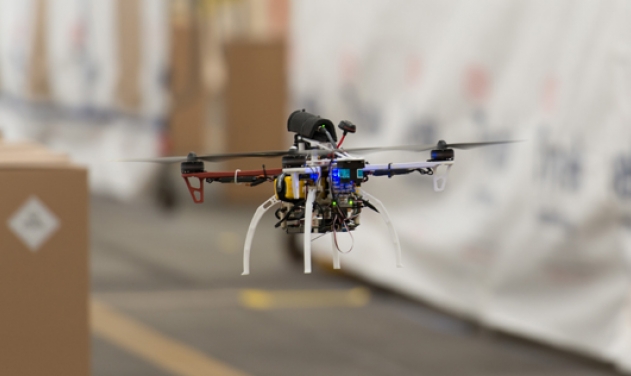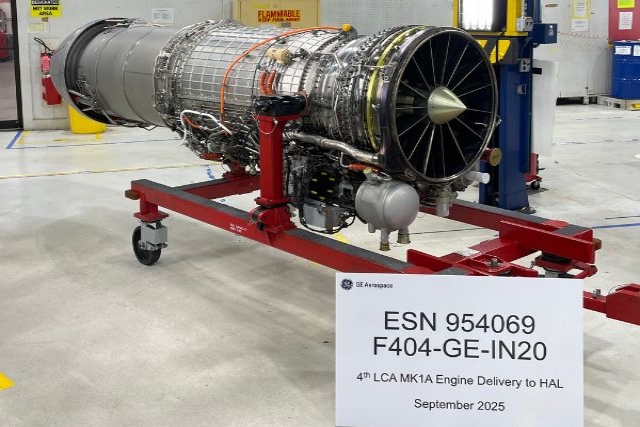DARPA Program To Utilize Peripheral Nerves To Accelerate Learning

DARPA is working on a developmental time machine using the peripheral nerve stimulation to enhance learning processes as a substitute for drugs to treat diseases and accelerate healing and also to control advanced prosthetic limbs and restore tactile sensation to their users.
The new program Targeted Neuroplasticity Training (TNT), seeks to advance the pace and effectiveness of a specific kind of learning—cognitive skills training—through the precise activation of peripheral nerves that can in turn promote and strengthen neuronal connections in the brain, DARPA said in a statement Wednesday.
TNT will pursue development of a platform technology to enhance learning of a wide range of cognitive skills, with a goal of reducing the cost and duration of the Defense Department’s extensive training regimen, while improving outcomes. If successful, TNT could accelerate learning and reduce the time needed to train foreign language specialists, intelligence analysts, cryptographers, and others.
Unlike many of DARPA’s previous neuroscience and neuro-technology endeavours, it will aim not just to restore lost function but to advance capabilities beyond normal levels.
“Recent research has shown that stimulation of certain peripheral nerves, easily and painlessly achieved through the skin, can activate regions of the brain involved with learning,” said TNT Program Manager Doug Weber, adding that the signals can potentially trigger the release of neurochemicals in the brain that reorganize neural connections in response to specific experiences.
“This natural process of synaptic plasticity is pivotal for learning, but much is unknown about the physiological mechanisms that link peripheral nerve stimulation to improved plasticity and learning,” Weber said.
“You can think of peripheral nerve stimulation as a way to reopen the so-called ‘Critical Period’ when the brain is more facile and adaptive. TNT technology will be designed to safely and precisely modulate peripheral nerves to control plasticity at optimal points in the learning process.”
Fundamental research will focus on gaining a clearer and more complete understanding of how nerve stimulation influences synaptic plasticity, how cognitive skill learning processes are regulated in the brain, and how to boost these processes to safely accelerate skill acquisition while avoiding potential side effects.
The engineering side of the program will target development of a non-invasive device that delivers peripheral nerve stimulation to enhance plasticity in brain regions responsible for cognitive functions. The goal is to optimize training protocols that expedite the pace of learning and maximize long-term retention of even the most complicated cognitive skills.
To meet these diverse objectives, TNT expects to attract multidisciplinary teams spanning backgrounds such as cognitive neuroscience, neural plasticity, electrophysiology, systems neurophysiology, biomedical engineering, human performance, and computational modeling.












